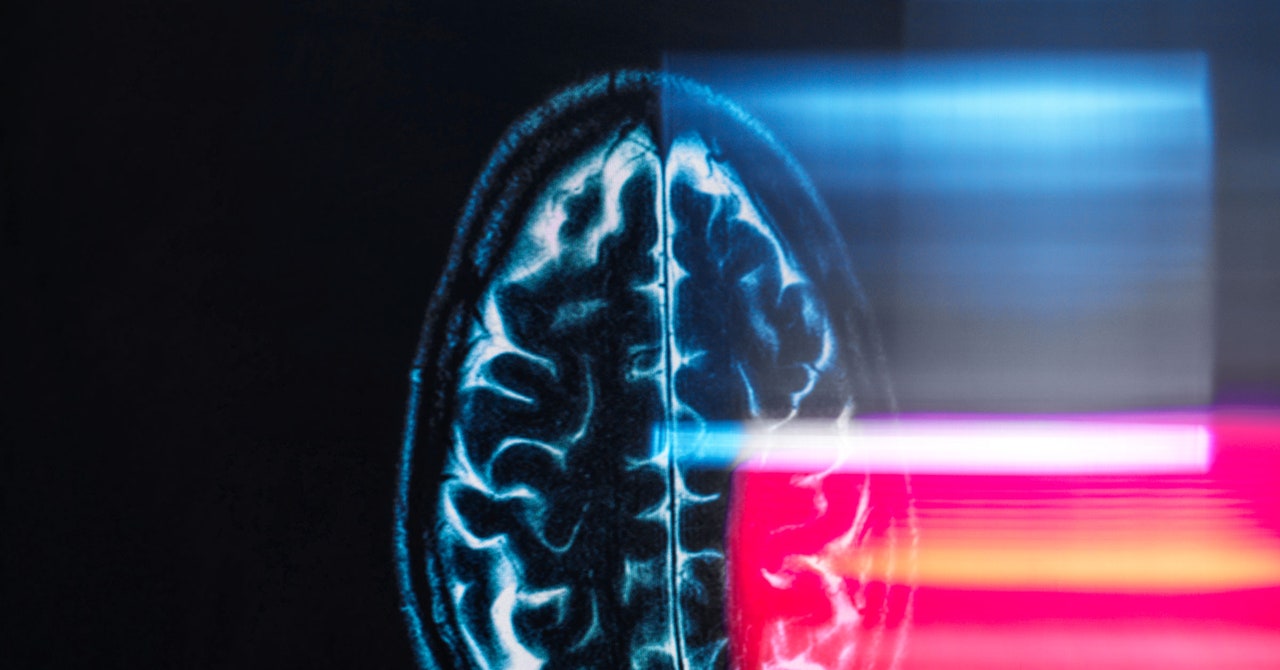
Now, his team has evidence that the brains of the Tsimane and neighboring Moseten people may age slower than yours, mine, and the brains of pretty much everyone else in the industrialized world. “Something about the lifestyle is affecting brain aging,” Kaplan says. He thinks he knows what that something is—and that it can teach us how to better control the aging of anyone’s brain.
Public health in remote societies could enlighten public health elsewhere. Back in the 1980s, Kaplan was working with the Mashiguenga, an Indigenous group who had only recently come into contact with industrialized society in Peru. As Kaplan observed their lives and conducted interviews, people would often ask him for help with health problems. But the young anthropology professor had no medical training.
So he asked a colleague, physician Benson Daitz, to come along to perform checkups. Daitz flew to Peru in 1987 and diagnosed patients with a litany of infections. But he was surprised by what he didn’t find. He heard no murmurs or other cardiac problems. The Mashiguenga had healthy hearts and blood pressure levels, even in old age. Kaplan concluded that they might be spared many chronic diseases. That hunch stuck with him.
Three decades later, Kaplan is still connecting the dots between lifestyle and chronic disease, and he’s still offering health care in villages that host his team and work with them. The people in the villages get their medical needs met; the researchers, in return, get to learn about diseases of the heart and brain.
Over the years, Kaplan’s team has reported that, like the Mashiguenga, the Tsimane have higher than average rates of infection yet lower rates of heart disease and diabetes compared to people in the US and Europe. “These were not conditions associated with aging,” says Daniel Eid Rodriguez, a biomedical researcher with the Universidad Mayor de San Simón, Bolivia, who has worked with Kaplan and the Tsimane since 2004. Nor were these people with healthy hearts isolated cases, says Rodriguez. “The lifestyle of the Tsimane seemed to be the healthy recipe.”
On the other hand, a majority of people in the US today die from diseases of aging. Heart disease, cancer, hypertension, diabetes, and Alzheimer’s accounted for 56 percent of US deaths in 2019. The problem is that industrialized societies are an unnatural environment for humans, full of cheap calories and opportunities to be inactive.
Kaplan’s team wanted to see if a non-industrialized life versus a modern, industrialized life would also benefit the brain. For their latest paper, published in March, Kaplan continued his ongoing partnership with the Tsimane and started a new one with the nearby Moseten, a rural Indigenous group that farms more and is more involved in modern markets than the Tsimane. The Moseten are less dependent on hunting and foraging—meaning they don’t have to work as much for their food. All the participants the team studied were over 40, because that’s when scientists expect the brain to age more noticeably.


